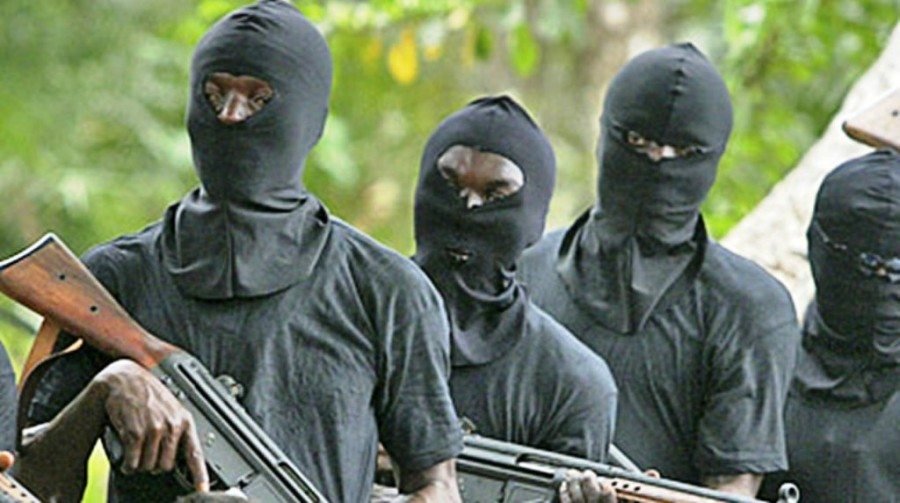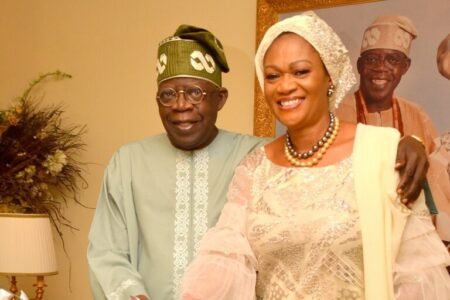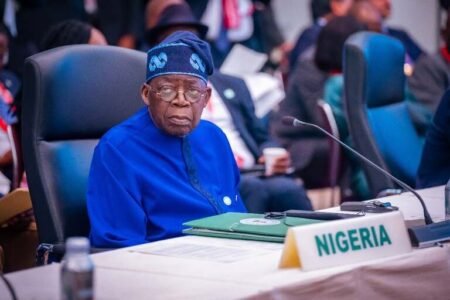
Almost every pay-television subscriber I run into attempt, not often successfully, to speak with authority on how pay-television business works.
Pay-television operations and business tend to be put in the same category as sex in which everybody thinks he/she is knowledgeable, an expert even.
The widely assumed familiarity with the pay television ecosystem feeds the almost-religious belief that pay television services should be cheap and that providers are ripping subscribers off.
Even without actually saying it, I suspect, many subscribers believe that pay-television services should be treated like public utilities in the country, amenities we think should be used free of charge but expect to function optimally.
Having worked in the television industry for over a decade, I can, at the risk of sounding conceited, claim to know a thing or two about how the business works.
READ: Nigerians lament dirty, mutilated N100 notes in circulation
Before proceeding, it is important to state that there is no intention to slate anybody for not being familiar with the business of pay-television.
It is no civic obligation, after all. Having assumptions is part of our make-up as humans. Some assumptions, of course, are reasonably well founded; others, not so much.
First and very crucially, it is important to understand that pay-television companies usually do not own the enchanting content they broadcast.
They are often just vendors or brokers for content creators and owners. Content creators and owners sell to pay-television companies for re-sale to the latter’s respective subscribers.
There can be no prizes for guessing which party is dominant one in the pay television ecosystem. While providers own the customer relationship and make their money from rent on the delivery of content, pricing power belongs to the content owners.
Most often, content owners, often large companies, charge affiliate fees-their primary source of revenue-for funding content production.
Affiliate fees are carriage fees paid per month per subscriber by pay television companies or multichannel video programming distributors to content owners.

While the affiliate model benefits both content owners and vendors (the former is able to extend its reach and generate new sales; the vendor or affiliate makes commissions), the senior partner-by miles-is the content owner.
Premium content, including live coverage of iconic sports events and recent Hollywood movie releases, determine where subscribers go.
Competition for this category of content is as fierce and bruising as a prize fight, which naturally drives up the cost of acquisition.
The subsisting broadcast rights to the Premier League, which lapses next year, cost UK’s Sky and BT a staggering 5billion pounds. This amounts to a 70 per cent increase over what was paid the last time.
Even for content produced locally, costs are not static, as producers are not insulated from local and international economic indices, which impose upward cost reviews when new content agreements are being entered into.
Just as with foreign content, local content is denominated in dollars, the international currency of doing business, because most pay-television platforms operate across borders.
Some pay-television companies, such as DStv, are known to develop sports and entertainment content, which costs astronomical sums.
As with everything in life, profile almost always determines what you get. Thus, a small-time content owner is very unlikely to attract a sizeable affiliate fee for its content.
But the behemoths such as Sky Sports, Viacom or Disney are well placed to negotiate and attract much fatter sums per subscriber per month because they offer compelling content, without which any pay-television package marketed stands at a debilitating disadvantage.
Pay-television service providers remain in business because subscribers want access to popular content such as the Premier League, Spanish La Liga, documentaries, movies or kids’ entertainment.
The bid to remain in business leaves them at the mercy of content owners who, on account of the hot properties they own, could keep charging higher sums as affiliate fees.
Pay-television companies suffer further disadvantage when content-owning giants decide (and it is often) to band channels together and compel them to pay affiliate fees for all their channels whether popular or not.
This often results in dispute between both parties. Also, this practice inevitably causes subscription price hikes and subscriber displeasure, which pay television companies have to deal with exclusively.
Another plank of the business is the cost of satellites used for transmission. There are five major components involved in direct to home (DTH) or direct broadcasting (DBS) satellite system: the programming source, broadcast centre, satellite, satellite dish and the receiver.
The broadcast centre is the central hub of the system. At the broadcast centre, the pay television company receives signals from various programming sources and beams broadcast signal to geostationary satellites, which receive the signals from the broadcast station and rebroadcast them to Earth for the subscriber’s dish to pick up and pass on to the receiver.
Signal transmission to satellites is done by multiplex operators or satellite operators, which provide uplink services. Satellite television broadcast begins with a transmitting antenna at an uplink facility.
The uplinked signals are then transmitted to be received by transponders tuned to a specific frequency range which, in turn, retransmit the signals back to Earth at a different frequency.
The signal path to from the satellite to the receiving Earth station is known as downlink.
Many satellites used by pay-television companies are in Europe. MultiChoice Africa, for example, sends its programming packages to a satellite in Europe.
Satellites, as should be obvious, cost hundreds of millions of dollars to build and launch. They cost similarly huge amounts to maintain, so the business of working with satellites is an obscenely expensive one. Who bears the costs? Pay-television companies. Exclusively.
They pay-television business landscape may have the appearance of unfettered munificence, it is, however, a field where staggering sums are required just to stay afloat.
In a country like Nigeria, where the cost of doing business is enormous on account of deficit in infrastructure, a pay-television company’s operating costs are better imagined.
Providing an alternative source of power alone has been known to run businesses out of the country.
There are equally costs of additional investments such as providing facilities, including building of production studios.
Add that to the cost of developing new content, for operators that do (MultiChoice is an example) and watch the costs further balloon and make investment costs really high.
Personnel costs do not have a reputation for reducing. The pay-television industry is just not where things go very swimmingly as widely assumed
Nnadozie, studio engineer, writes from Enugu










